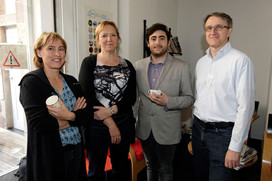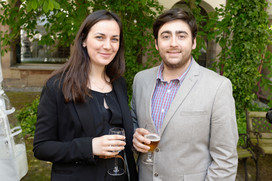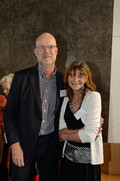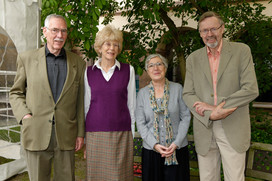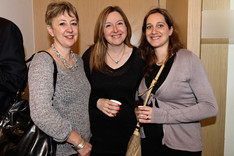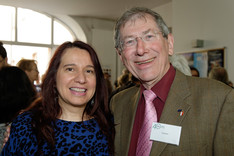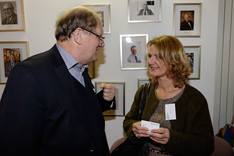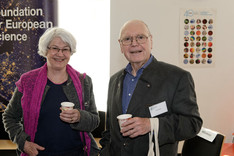Home > A look back at the Anniversary > A personal view by Tim Radford, science writer
A Look Back at the Anniversary: "A personal view" by Tim Radford, science writer

A birthday party with a difference
It was a 40th birthday party with a difference: to celebrate a lively and eventful past, but with no easily visible future. But what might have been a wistful event turned into a surprisingly lively one, partly because so many people on the formal panels, and so many people in the audience, seemed to think that more was needed to secure the future of European science, a future made possible at least in part by ESF itself.
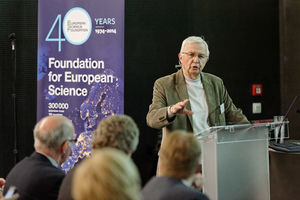
As the University of Strasbourg’s Nobel Chemistry Laureate Jean-Marie Lehn said in his keynote speech: “We have no right to switch off the lights of the future.”He was, of course, talking in general about the Promethean vitality of science and the potentially-limiting constraints of the precautionary principle. But the business of discovery, and the systems for delivering it, and the idea that Europe’s future depended on science and science collaboration, and the occasion of ESF’s 40th anniversary, also made it seem as though he might be talking about ESF.
The formal points of celebration were contributions from invited panels, the first from a generation of researchers who could salute ESF’s “added value” to their science; the second from very senior figures in Europe’s science hierarchy invited to discuss the importance of research and evidence as the basis for political decision-making.. Both sessions introduced themes of democracy, inspiration and the importance of interdisciplinary collaboration, and each swiftly metamorphosed into a conversation with an informed and effervescent audience.
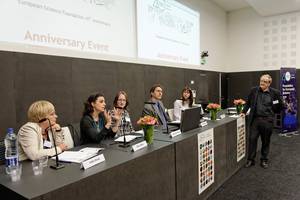
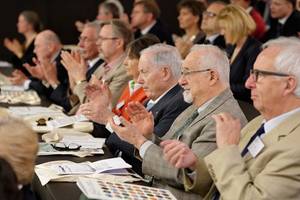
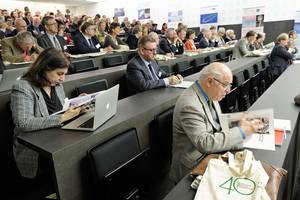
Ineke Stoope of the Netherlands Institute for Social Research made the point that without ESF, there could have been no European Social Survey: the Foundation gave a group of renowned researchers support, scientific standing and above all time to create a new and important research infrastructure. Speakers repeatedly made the case for an international forum in which ideas could be sparked by the friction of debate and Markus Arndt of the University of Vienna put his argument in graphic form, with two Flintstone cartoons. One of these had the palaeolithic population formally taking the decision to discuss a draft of a roadmap towards the discovery of fire, and the other had the characters exchanging notes about what happens when sparks fly. He invited his audience to contemplate which approach might actually set society smouldering?
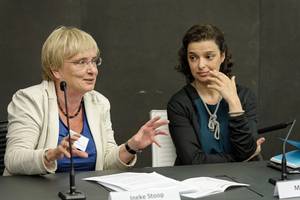
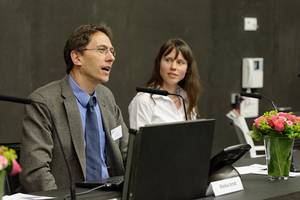
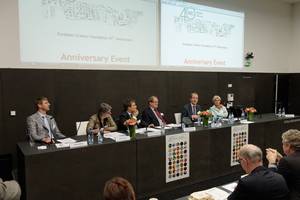
Thereafter the sparks flew. Nobody who spoke seemed to think that the party was over. The city of Strasbourg’s political representative Nicolas Matt, and Lilla Merabet from the regional council of Alsace wanted the scientific co-operation to continue; so, of course, did all the scientists. Why, asked Marcel van de Voorde of the University of Delft in the Netherlands, once of CERN, and of Max-Planck, were thousands of scientists not marching in the streets, demanding a future for ESF? Why, asked John Marks, a former Chief Executive at ESF, not recognise and exploit yet further the proven convening power of ESF?
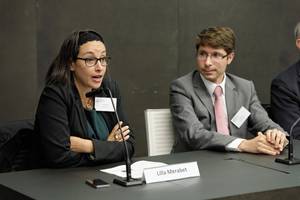
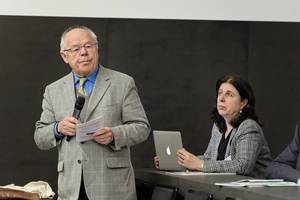
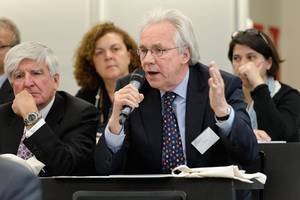
A stroll down memory lane
There was a demonstration of the convening power the next morning, when a healthy proportion of former secretaries general and presidents and veteran ESF staff turned up simply to enjoy an episode of selective recall.
Veronica Schauinger-Horne, one of the 20th anniversary organising committee and herself with 35 years of experience of ESF, took the microphone to quiz successive ESF chiefs about their best and worst times in office, their happiest and most disconcerting moments and (this is Strasbourg after all) their favourite restaurants.
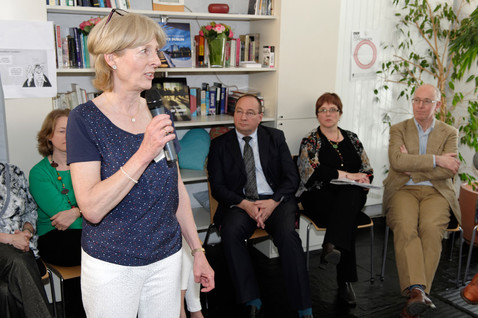
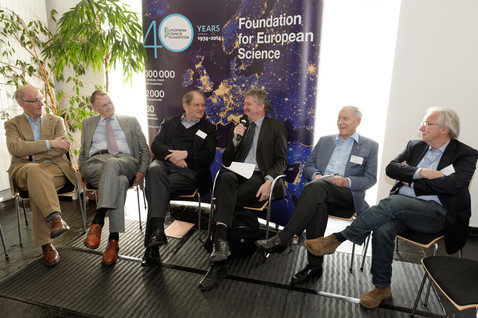
Once such parties complete the formal agenda, the fizz tends to fizzle out, but not on this occasion: other former and present members of staff stepped up to recall bright episodes with merry anecdote, unaccompanied song and even a poem.
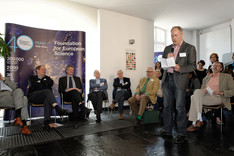
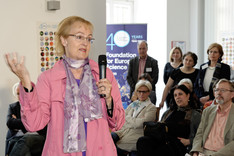
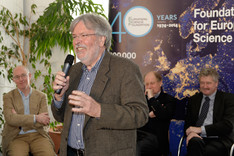
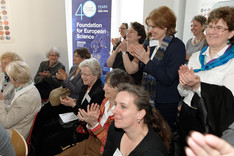
The celebration ended, as most things do in Strasbourg, with lunch, wine and a reminder of art, architecture and history. There also lingered a sense of unfinished business; of a European ideal not yet secure; of science as a work always in progress; and of the European Science Foundation as metaphorically an enduring foundation, a much-tested load-bearing structure that could still provide the basis for something new.
